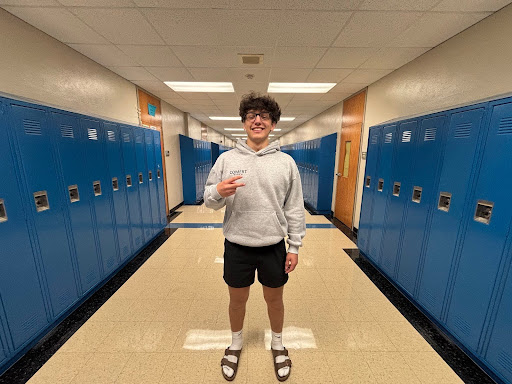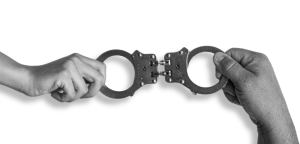Music is dying and it’s all our fault
May 17, 2018
In response to capital businesses shutting their doors and local companies filing for bankruptcy, the news has encompassed and adopted the ‘retail apocalypse’ as its own. While the media disseminates both the harsh reality of convenient technological privileges and the shift in consumer interest, the victimization of department stores is not the only phenomenon commandeering society.
If you haven’t noticed, music is not made the same way it was years ago. If you listen to any popular rap song, it more than likely lacks the original instrumental value captured by music in past decades. While some may argue this dearth has rappers emerging from the undertones of music, the absence of traditional guitar is indisputable – and its industry is suffering because of it.
Gibson, an iconic American guitar manufacturer, has filed for bankruptcy as a result of its $100 million of debt. This lack of demand for musical instruments is born from the paucity of interest in generating conventional music, creating a decline in instrument sales and tarnishing the companies that sell them.
Worldwide corporations aren’t the only victims exploited by this growing trend. Sioux Falls Music, a local family-owned business, is closing its doors after more than 40 years of distributing its sound to the surrounding communities.
“People are not playing guitars recreationally anymore like they used to,” said Don Saxton, spouse of Sioux Falls Music owner, Barbara Saxton. “…people are willing to buy guitars on the internet.”
Comparative to the decade-old excitement of walking into a music store and seeing a populated vicinity filled with both people and music, these same music stores have a much different feel now than they did years ago. By adapting to the technological craze that is changing the definition of music, we are letting the convenience of synthesizers and voice-alterations discard the appreciation of traditional and authentic musical stylings.
Although I favor the music crafted by musicians who physically played a guitar, sang each note and perfected every lyric, I am not going to argue against the extensive talent in the music industry today (yes, rappers included). While I may not value their music as much as I do that of The Beatles, I will say these advances in music have not been completely negative. What concerns me is that, despite the up-and-coming innovations in music, its industry is suffering a great inadequacy of purity. Can you imagine music without the footprints of Jimmy Page, Jimi Hendrix or David Gilmour to illuminate its future?
Music is dying. It’s not dead yet, but the end is near. Maybe you define music differently than I do, but there’s no disregarding the absence of guitar and instrumental leaders in the music industry. Learning an instrument takes time: months to grasp, years to perfect. But the satisfaction of walking into a music store, taking in the music as it whistles through your bones is a feeling that both synthesizers and music today just can’t provide as adequately.
Get out there, engulf yourself in the music you could make and remember the legends that worked tirelessly to propell music and its instrumental capabilities – before it dies altogether.









